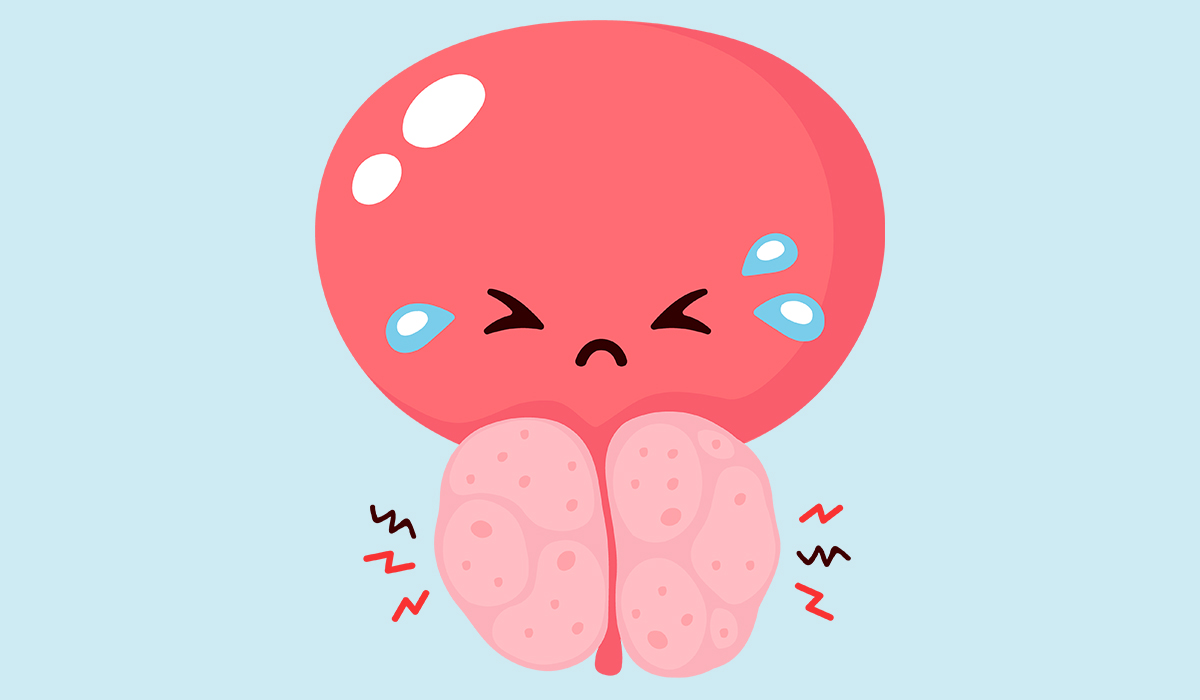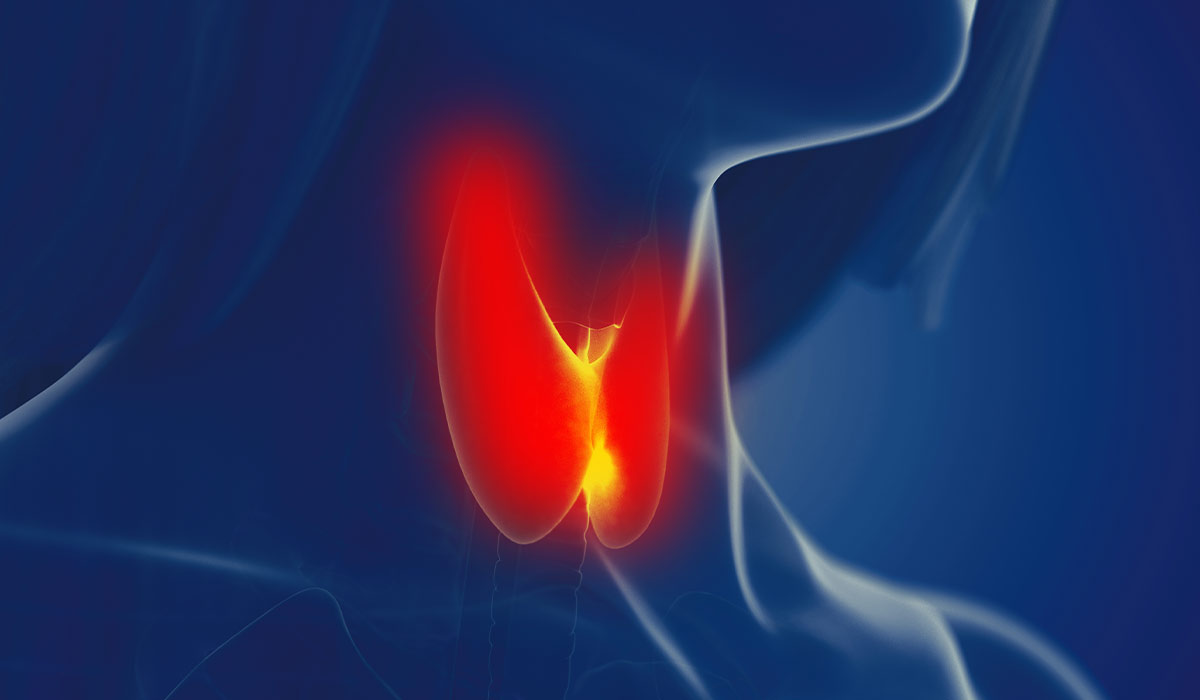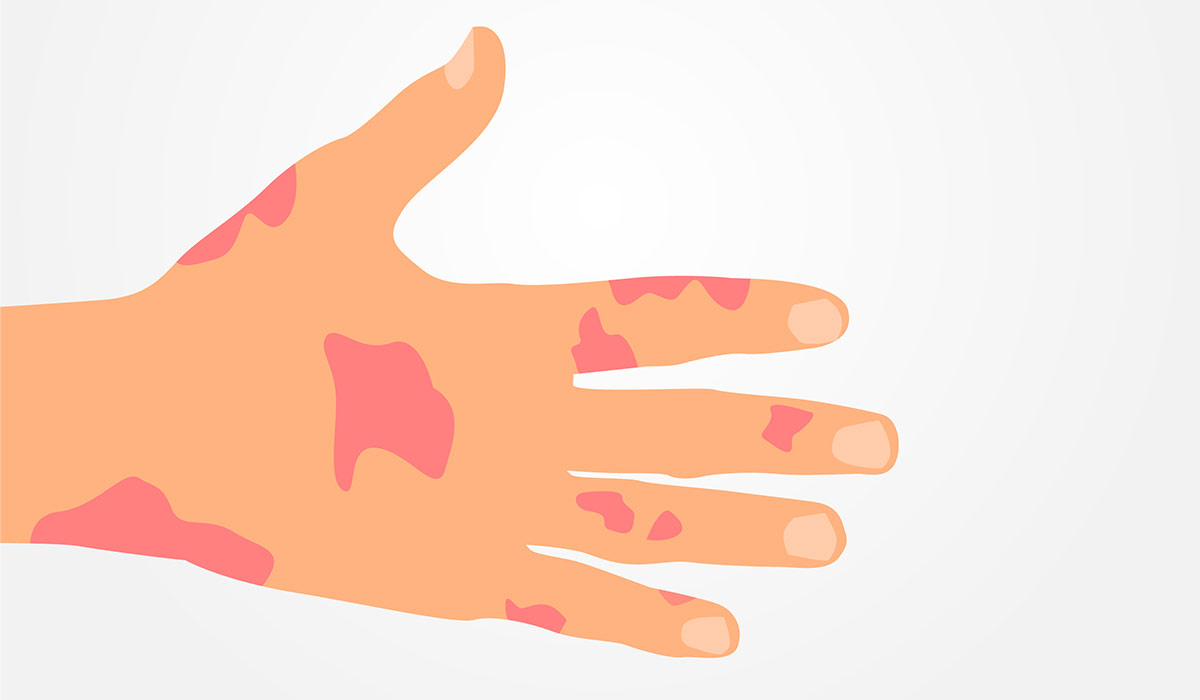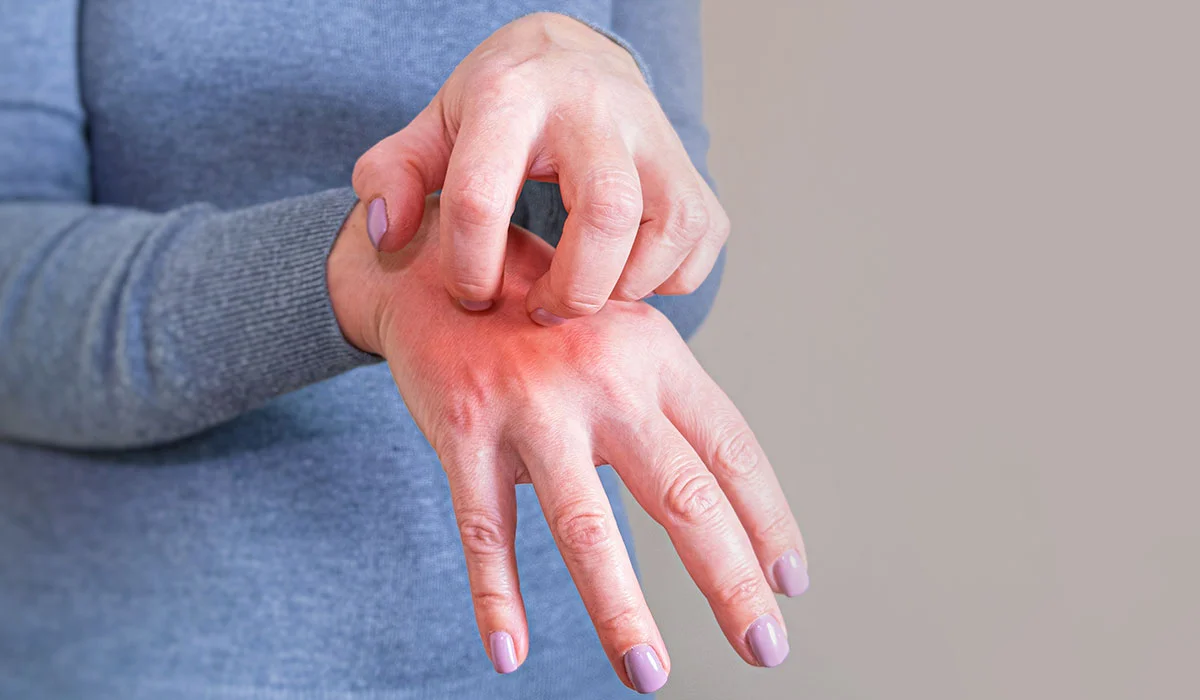Hearing disorders can significantly impede everyday functioning and effectively reduce the quality of life. A person suffering from such a condition can have difficulties communicating with others.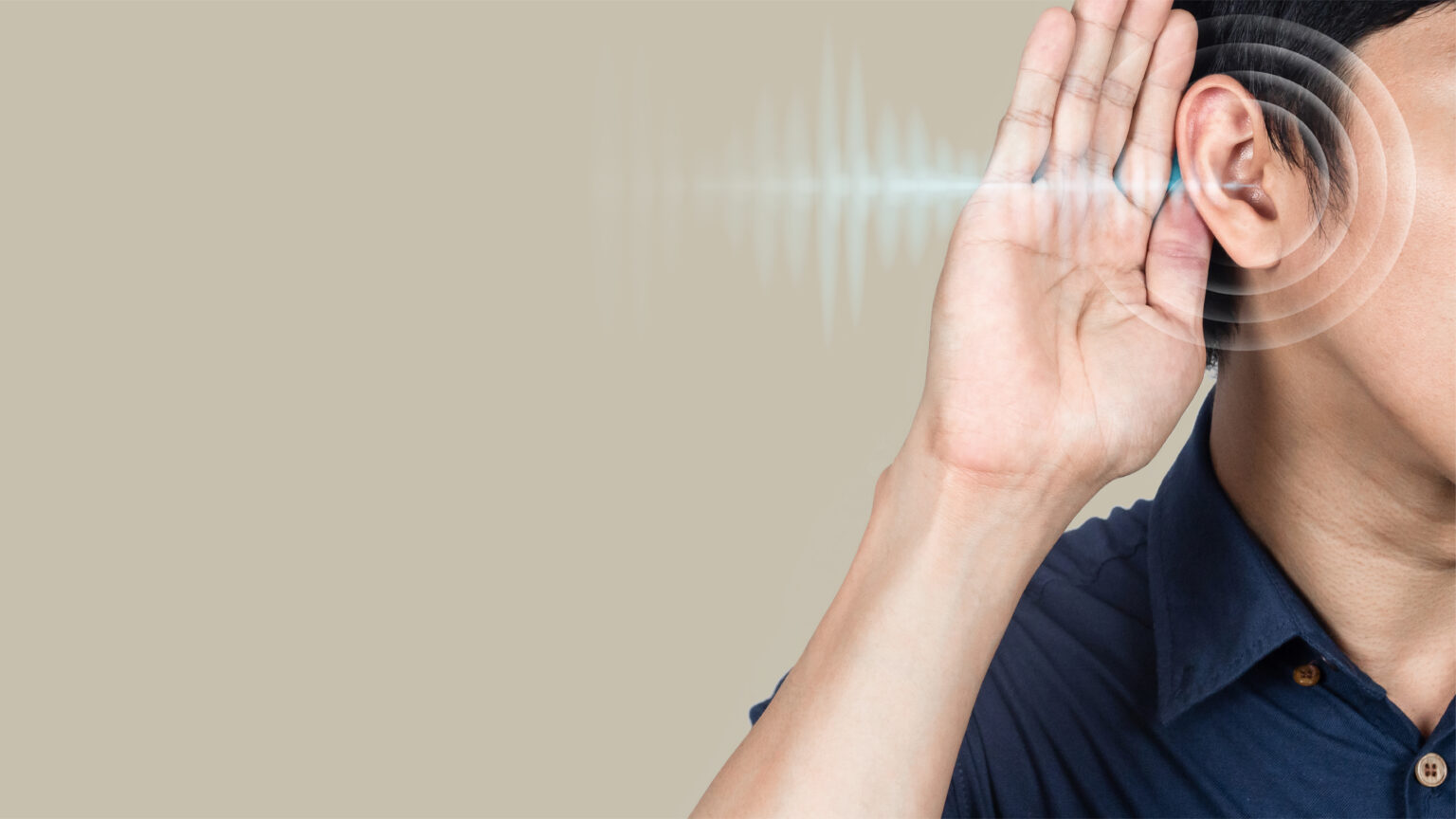
Types
The specialists divided this type of hearing impairment in several kinds. Those include:
- Congenital hearing loss – occurs from birth and may be caused by genetic defects or abnormalities in ear development during the prenatal period
- Acquired hearing loss – develops throughout life, most often as a result of trauma, ear infections, exposure to noise, use of ototoxic drugs, or aging.
- Conductive hearing loss – a type in which the damage affects the part that conducts sounds to the inner ear, i.e., the eardrum, eustachian tube, auditory ossicles, or cochlear organs
- Sensorineural hearing loss – harm to the auditory receptors in the inner ear or to the auditory nerves that send sound signals to the brain
- Mixed hearing loss – a combination of conductive and mixed hearing loss
- Sudden hearing loss – as the name suggests, it occurs suddenly. However, the most common suspicions for a reason are viral infections, inner ear ischemia, or paroxysmal autoimmune disorders
- Age-related hearing loss – hearing loss resulting from the aging of the body
Types of hearing loss can also be classified as bilateral hearing loss and unilateral hearing loss. The first one covers disorders in both ears, while the second one concerns hearing impairment in one ear.
Deafness And Hearing Loss
Hearing loss is a medical condition characterized by the partial inability to hear sounds. Complete deafness refers to the total loss of hearing, where the affected person cannot perceive sound waves, even with amplification. The causes of this condition are various. We distinguish factors such as exposure to loud noises, infections, aging, genetics, and injury.
Hearing loss may impact an individual’s capacity to communicate effectively, socialize, and perform daily activities. Therefore, early diagnosis and prompt treatment are essential in managing this condition and improving the quality of life of affected individuals.
Causes
Hearing loss may happen at any age. For example, seniors suffer from age-related hearing loss, which is caused by degenerative changes. They are the consequence of the inevitable aging of the body. Usually, the damage is bilateral.
Mechanism
Auditory perception is a complex process that begins with the reception of sounds by the outer ear. These sounds, in the form of sound waves, travel through the ear canal and reach the middle ear, where they are transformed into electrical impulses through the operation of three auditory ossicles, including the malleus, anvil, and stirrup.
These electrical impulses subsequently stimulate the auditory receptors in the inner ear, enabling them to reach the nuclei located in the brain stem via the vestibulocochlear nerve (VIII cranial nerve). These nuclei function as intermediaries in the flow of information about the auditory stimulus to the primary auditory cortex, which is within the temporal lobe.
It is worth noting that any dysfunction in the elements involved in this process can result in hearing loss. Therefore, it is essential to understand the intricate nature of auditory perception to diagnose and treat hearing disorders effectively.
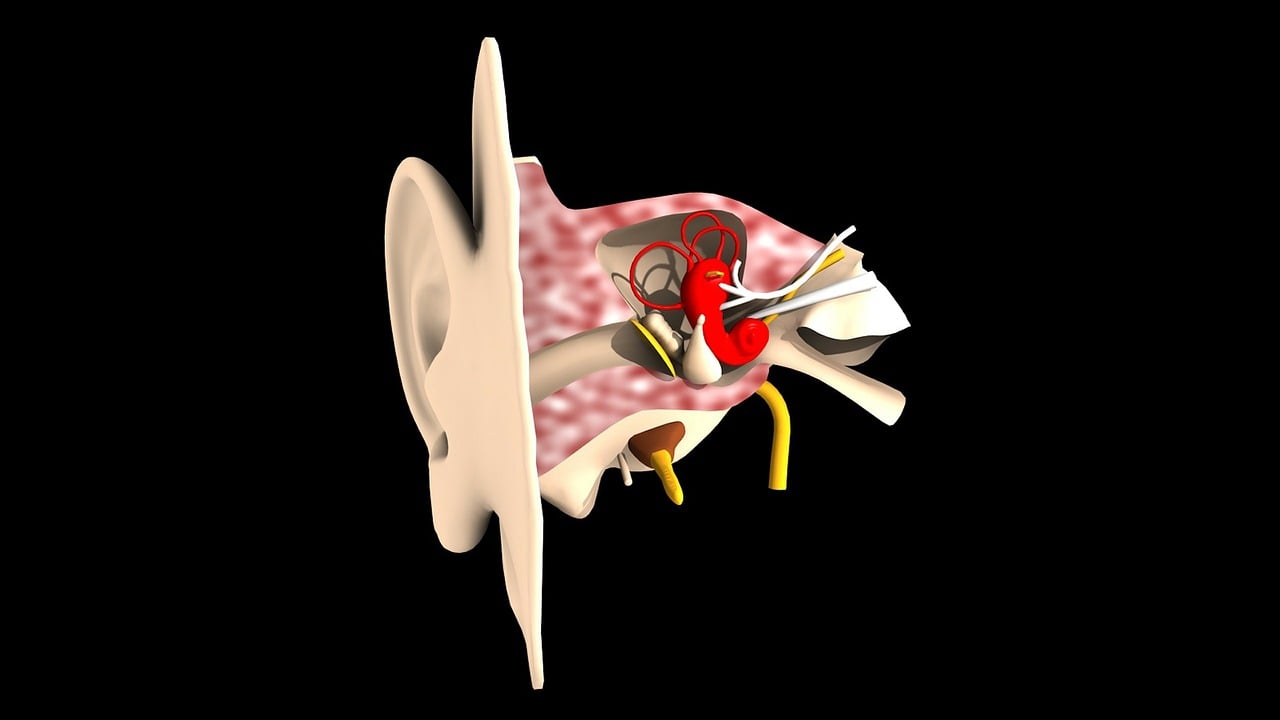
Conductive Hearing Loss
Conductive hearing loss can be caused by a blockage of the external auditory canal due to factors like ear wax (a wax plug), a foreign body, external ear inflammation (known as swimmer’s ear), or, less commonly, a tumor.
In the middle ear, conductive hearing loss may be caused by various factors. For instance, acute otitis media is the most common reason for temporary hearing loss in children. If left untreated, this condition may cause permanent hearing loss, particularly if cholesteatoma (nodular inflammatory formation) develops.
Additionally, otitis media with effusion may result in pain, fullness in the ear, tinnitus, and a changed appearance of the eardrum. Risk factors for this disorder include a past of acute otitis media or other inflammatory conditions.
Chronic otitis media is another cause of conductive hearing loss, characterized by long-term discharge from the ear, visible perforation (hole) of the eardrum, changes in the external auditory canal, and sometimes cholesteatoma.
Other causes of conductive hearing loss in the middle ear include ear injury, often resulting in visible perforation of the eardrum and the presence of blood outside it; otosclerosis, which refers to dysfunction of the auditory ossicles, and tumors, both benign and malignant, which may cause one-sided hearing loss.
To sum up, the causes of conductive hearing loss are:
- Clogging by a foreign body
- Blockage due to earwax
- Tumor
- Damage and changes in the eardrum
- Otitis media
- Congenital defects
- Diseases of the auditory ossicles
Sensorineural Hearing Loss
The causes of sensorineural hearing loss are:
- Stroke
- Complications of viral diseases
- Radiation damage to the cochlea after radiotherapy
- Brain tumors in the inner ear
- Circulatory disorders in the inner ear
- Genetic diseases (e.g., connexin 28 mutation and Waardenburg syndrome)
- Exposure to intense sounds – some patients also develop tinnitus. Hearing loss in such a case is temporary unless there is damage to the eardrum or auditory ossicles and lasts for several hours or days
- Age-related hearing loss (presbyacusis) – progressive bilateral hearing loss is characteristic
- Infection
- Autoimmune diseases
- Meniere’s disease – after each attack of the disease, the hearing loss (usually unilateral) deepens, tinnitus and dizziness are also characteristic
- Barotrauma – undergoing sudden changes in ambient pressure. Sometimes pain and dizziness occur. In this case, risk factors for the development of hearing loss include a previous episode of hearing loss and cases of hearing loss in close relatives
- Head injury (with a fracture of the base of the skull or concussion of the cochlea (the most significant part of the inner ear) – labyrinthine disorders (severe vertigo with a sensation of spinning or linear movement), sometimes defects in the facial nerve or trigeminal nerve
- Sensorineural hearing loss may be also caused by the so-called ototoxic drugs (causing damage to the inner ear)
Hearing loss may also be caused by excessive noise, which damages the auditory ossicles and the neural connections responsible for receiving and transmitting sound to the brain.
Neurogenic Hearing Loss
The causes of neurogenic hearing loss include:
- Tumors of the cerebellar pontine angle (e.g., acoustic neuroma, meningioma) – there is one-sided hearing loss, often with tinnitus, vestibular disorders (challenging orientation in the dark and dizziness), sometimes defects in the facial nerve or trigeminal nerve
- Demyelinating diseases, e.g., multiple sclerosis – one-sided hearing loss is characteristic, and multifocal symptoms also appear. These ailments are periodically increasing and decreasing
Sudden Hearing Loss
Sudden hearing loss may be idiopathic, meaning the cause is unknown. In such cases, it is usually suspected:
- Viral infection (especially herpes simplex virus)
- Paroxysmal autoimmune disorders
- Acute blockage of the small vessels of the inner ear
Obvious Reasons
We may also divide the causes into obvious and hidden. The first ones include:
- Acute infections, e.g., bacterial meningitis, Lyme disease, epidemic parotitis, i.e., mumps, shingles. Sudden hearing loss may occur during or immediately after the acute phase of the disease
- Severe head injury – with a fracture of the temporal bone or combined with damage to the cochlea after a severe concussion
- Ear injury, including barotrauma while diving at great depths or sudden exertion (e.g., while lifting weights) causes the formation of a perilymphatic fistula between the middle and inner ear, which is associated with sudden hearing loss. A perilymphatic fistula may also be congenital, causing sudden hearing loss spontaneously or as a result of trauma or large changes in ambient pressure
- Above ototoxic drugs can lead to hearing loss even one day after taking them, especially if they are overdosed
Hidden Reasons
The causes of hearing loss may be hidden, i.e., hearing loss may be a separate first symptom of certain diseases that usually manifest themselves differently:
- Acoustic neuroma
- Autoimmune disorders, e.g., Cogan’s syndrome, various forms of vasculitis
- Cerebellar stroke
- Meniere’s disease
- Multiple sclerosis
- Reactivation of syphilis infection in HIV-infected people
- Rarely, hematological disorders – Waldenström’s macroglobulinemia, sickle cell disease, and some forms of leukemia
In those cases, a diagnosis is needed.
Diagnosis
When investigating suspected hearing loss, various diagnostic tests may be employed to identify its underlying cause. These tests may include audiometry, impedance (tympanometry), otoacoustic emission, evoked potentials, physical examination, and screening tests.
Audiometric hearing testing evaluates the individual’s capacity to perceive sounds of varying frequencies and intensities. Impedance (tympanometry) assesses the functioning of the middle ear, while otoacoustic emission is aimed at evaluating the function of the cochlea. Evoked potentials, on the other hand, assess the ear’s response to sounds that are transmitted to the brain.
Physical examination, which involves examining the ear canal to determine if it is inflamed or clogged with earwax, may also be performed. Finally, screening tests require the patient to cover one ear and repeat sentences at different loudness levels.
Treatment
It depends on the cause of your hearing loss. In some cases, hearing loss can be cured, especially if it is caused by an infection or inflammation, which can be treated with antibiotics or other medications. If hearing loss is related to damage to the middle ear, such as a perforated eardrum, surgery may help repair the damaged ear.
Hearing Aid
However, it sometimes happens that hearing loss cannot be cured. In such cases, treatment may consist of hearing therapy, where the person learns how to use the remaining hearing better, wearing hearing aids, or implanting hearing implants.
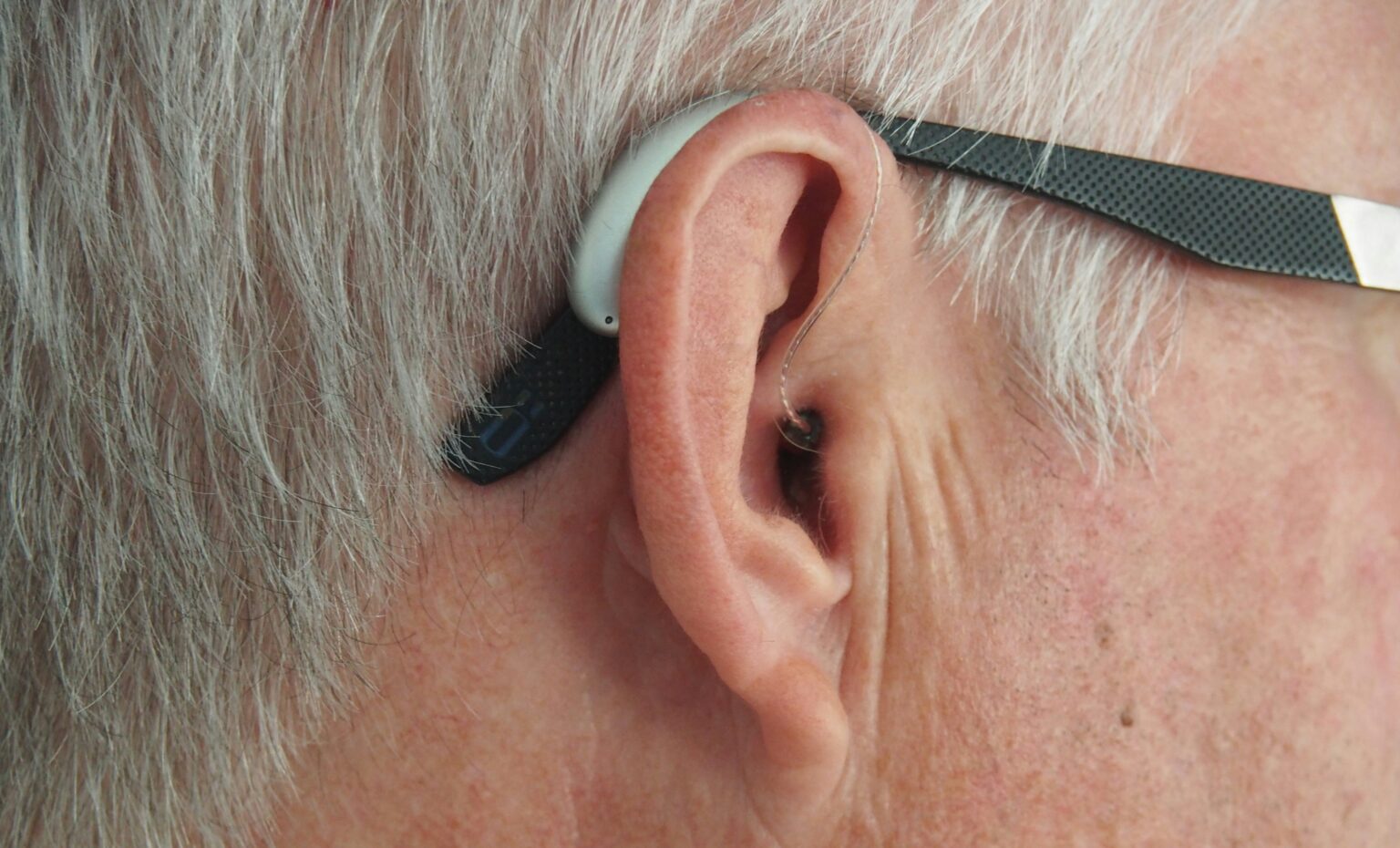
Everyday Functioning
If you have hearing problems, you can make little changes to your daily life to compensate for your hearing loss. For example, you may begin to withdraw from social activities. It may lead to feelings of loneliness and isolation.
However, you do not have to accept the unwanted lifestyle changes that untreated hearing loss may cause. You can get treatment for your hearing loss to communicate freely.
How To Help Someone With Hearing Loss
Discussing hearing loss with a friend or loved one can present challenges. Choose an appropriate time for this conversation, considering the topic’s sensitivity. Individuals experiencing hearing loss may have diminished self-confidence, necessitating a supportive and empathetic approach. Below are some suggestions for addressing someone’s hearing loss:
- Prepare for the conversation
- Select a comfortable setting for the conversation
- Express empathy and offer support
- Assist them in taking a step toward seeking treatment
Sources
- Hearing Loss. NIH.
https://www.ncbi.nlm.nih.gov/books/NBK542323/ - Bilateral Hearing Loss. NIH.
https://www.nidcd.nih.gov/glossary/bilateral-hearing-loss - Hearing with One Ear: Consequences and Treatments for Profound Unilateral Hearing Loss. NIH.
https://pubmed.ncbi.nlm.nih.gov/32260087/ - Age-Related Hearing Loss (Presbycusis). NIH.
https://www.nidcd.nih.gov/health/age-related-hearing-loss - Conductive Hearing Loss. NIH.
https://www.ncbi.nlm.nih.gov/books/NBK563267/ - Otitis media. NIH.
https://www.ncbi.nlm.nih.gov/pmc/articles/PMC7097351/ - Sensorineural Hearing Loss. NIH.
https://www.ncbi.nlm.nih.gov/books/NBK565860/ - Sudden sensorineural hearing loss (SSNHL). NIH.
https://www.ncbi.nlm.nih.gov/books/NBK536521/ - Diagnosing hidden hearing loss. NIH.
https://www.nih.gov/news-events/nih-research-matters/diagnosing-hidden-hearing-loss - Hearing Loss in Adults: Differential Diagnosis and Treatment. NIH.
https://pubmed.ncbi.nlm.nih.gov/31305044/ - Hearing loss. NHS.
https://www.nhs.uk/conditions/hearing-loss/ - Hearing Aid Treatment in Patients with Mixed Hearing Loss. Part I: Expected Benefit and Limitations after Stapes Surgery. NIH.
https://www.ncbi.nlm.nih.gov/pmc/articles/PMC7265761/ - Hearing Loss in Adults. NIH.
https://www.ncbi.nlm.nih.gov/pmc/articles/PMC6457651/



